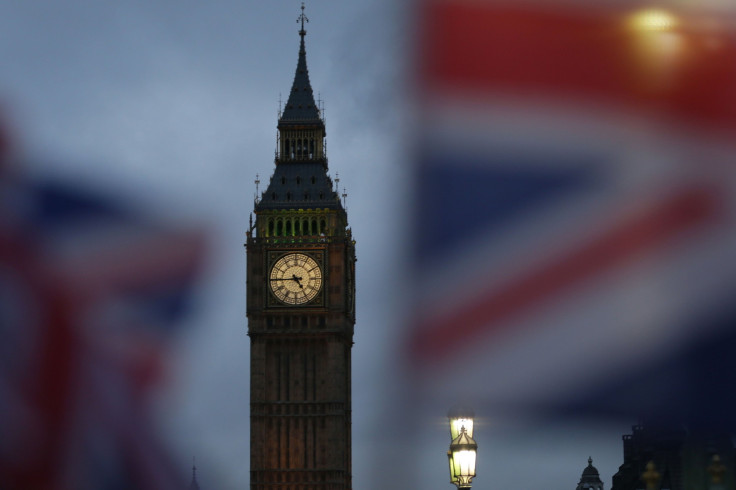UK Faces Major Food And Medicine Shortage, Political Chaos In No-Deal Brexit, Leaked Government Documents Say

Leaked government documents revealed Sunday that the U.K. will face major food, fuel and medicine shortages along with intense political fallout with Ireland, if the country decides to leave the European Union on Oct. 31 without a deal.
The documents from The Cabinet Office, which are referred to as "Operation Yellowhammer," were obtained by The Sunday Times. Due to the shortages of medicine and food coming into the country, prices will rise, the report predicts.
The U.K. would also likely face a hard border with Ireland, which means goods, services and people would no longer be able to freely go between the two countries, as Ireland remains a member of the EU.
"This is not 'Project Fear' – this is the most realistic assessment of what the public face with no deal," a member of the U.K. government told the Times. "These are likely, basic reasonable scenarios – not the worst case."
We don’t normally comment on leaks - but a few facts - Yellowhammer is a worst case scenario - v significant steps have been taken in the last 3 weeks to accelerate Brexit planning - and Black Swan is not an HMG doc but a film about a ballet dancer... https://t.co/lRAgavfDze
— Michael Gove (@michaelgove) August 18, 2019
Conservative Party member Michael Gove, who is in charge of preparations for leaving the EU without a deal, still contends that the Yellowhammer documents represent a "worst-case scenario" and that "very significant steps have been taken in the last three weeks to accelerate Brexit planning."
The Financial Times quoted government insiders who also claimed the worst-case scenario was unrealistic and outdated. British energy minister Kwasi Kwarteng on Sunday said the U.K. will be prepared for a no-Brexit deal on Oct. 31.
“I think there’s a lot of scaremongering around and a lot of people are playing into ‘Project Fear’ ... we’ve got to prepare for no deal,” Kwarteng told Sky News after being asked about the Times report.
Reports of potential shortages are not new, as a small but growing group of Brits known as “Brexit Preppers” have been known to stockpile supplies amid fears there will be no acceptable resolution.
The think tank U.K. in a Changing Europe warned in September 2018 that the short-term economic impact of a no-deal Brexit would be "chaotic and severe." A government report in November 2018 noted that the economy would be worse off in the next 15 years after Brexit, compared to staying in the EU.
© Copyright IBTimes 2025. All rights reserved.




















